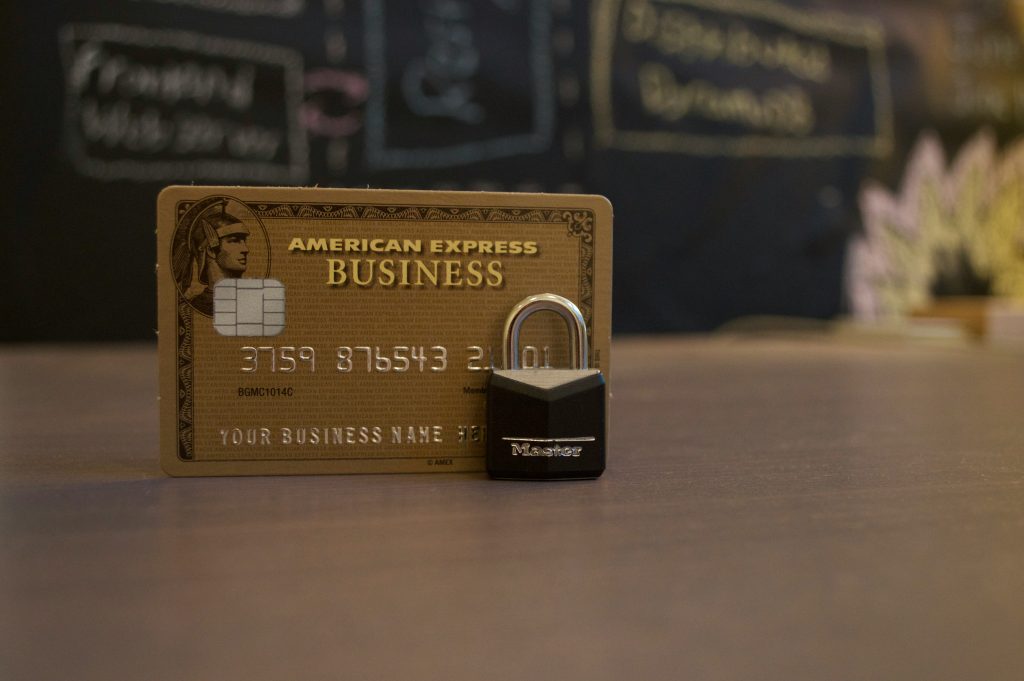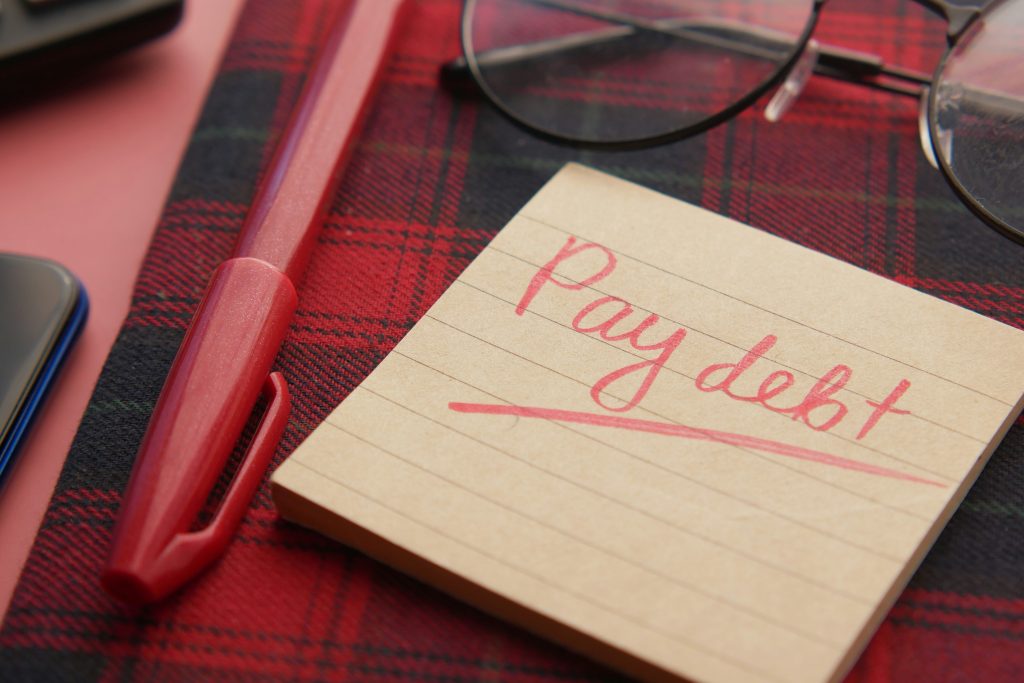What Is a Startup Loan?
A startup loan is money borrowed to get your business off the ground. Whether it’s for renting office space, buying stock, or paying staff, a loan can give you the financial boost you need to start strong.
💡 But here’s the catch: Banks and lenders don’t just hand out cash to anyone with a business dream. They want proof you can pay it back.

Types of Startup Loans You Can Get:
- Bank Loans: Traditional, but harder to get if you’re just starting.
- Government-Backed Loans: Some government schemes help small businesses with lower-interest loans.
- Online Lenders & Microloans: Faster approval but often with higher interest rates.
- Personal Loans for Business Use: Easier to get but risky—if your business fails, you still owe the money.
Personal Loans vs. Business Loans for Startups
| Feature | Personal Loan | Business Loan |
|---|---|---|
| Who It’s For | Anyone (business or personal use) | Strictly for business purposes |
| How It’s Approved | Based on your personal income & credit score | Based on your business plan, expected revenue & collateral |
| Loan Size | Smaller amounts | Higher limits available |
| Financial Risk | You’re personally liable for all debt | Keeps business and personal finances separate |
🚨 Quick Reality Check: If your business is brand new and has zero financial track record, a bank loan might be tough to get. A personal loan could be easier, but mixing business and personal finances can get messy fast.
Do You Need a Loan or Is There a Better Option?
Let’s be real—taking on debt is a big deal. Loans come with interest, repayments, and risk. Before you borrow, ask yourself:
✔️ Do I REALLY need a loan? Or can I start smaller and build up?
✔️ Can I afford repayments, even if my business takes time to make money?
✔️ Have I explored other ways to fund my business?
Traditional Loans vs. Alternative Funding—What’s the Difference?
| Feature | Traditional Business Loan | Alternative Financing |
|---|---|---|
| Approval Process | Long & requires business history | Faster, sometimes based on an idea rather than revenue |
| Need Collateral? | Often required (property, assets) | Rarely needed |
| Repayment Terms | Fixed monthly payments | Flexible, depending on method |
| Risk Level | Higher due to interest & debt | Lower, but may involve giving up equity |
How to Get a Business Loan for Your Startup
So, you’ve got a business idea, a solid plan, and now you just need the cash to make it happen. The big question is: how do you convince a bank or lender to hand over the money?
The truth? Getting a business loan as a startup isn’t easy. Banks don’t like risk, and new businesses are exactly that—risky. But don’t stress. If you know what lenders are looking for and prepare the right way, your chances of approval go way up.

Traditional Bank Loans for Startups
If you want a big chunk of funding and structured repayment terms, a traditional bank loan might be your best bet. But here’s the catch—banks don’t just hand out money because you have a cool business idea.
What You Need to Know About Bank Loans for Startups:
✔️ Tougher Approval Process: Banks like to see proven revenue. If your business is brand new, expect them to ask a LOT of questions.
✔️ Collateral is Usually Required: Many banks won’t lend unless you put up assets (house, car, savings) as security.
✔️ Fixed Loan Amounts & Terms: You borrow a set amount and repay it in fixed installments, usually over 3-7 years.
✔️ Lower Interest Rates (if You Qualify): Compared to online lenders, banks offer better rates—but only if your credit is solid.
💡 Pro Tip: Some banks offer special startup loans or government-backed loans (like NZ’s Flexi-wage scheme). Check what’s available before applying!
What Do Banks and Lenders Require for a Business Loan?
If you want that “Loan Approved” email instead of a rejection, you need to prove you’re a safe bet. Here’s what lenders expect from startup owners:
1️⃣ A Strong Business Plan (Non-Negotiable!)
Banks want to see exactly how your business will make money and how you plan to repay them.
💡 Your business plan should include:
- A clear description of your business (what you do & who your customers are).
- Revenue projections (how much $$ you expect to make in the first 1-3 years).
- Startup costs & financial breakdown (where the loan will go).
- Your marketing & growth strategy (how you’ll attract customers & scale).
🚀 Pro Tip: If you don’t have a business plan yet, start now! Lenders won’t even consider your application without one.
2️⃣ Proof You Can Repay the Loan
Lenders want one thing: to get their money back. You need to show them how.
✔️ Personal Income & Credit Score – If your business has no financial history, they’ll check YOUR income & credit.
✔️ Financial Forecasts – Show them how your business will generate enough cash to cover repayments.
✔️ Existing Assets & Cash Flow – If you have savings, investments, or early business revenue, highlight it.
💡 Reality Check: If your credit score is bad, getting a loan will be tough. You may need to build credit or look at alternative funding options.

Alternative Financing Options
Not every startup founder walks into a bank and walks out with a loan. In fact, most don’t. Banks love security—they want proof, collateral, and a track record. But what if you don’t have any of that? Good news: you’ve still got options. Let’s talk about the alternative ways to fund your business without jumping through a bank’s hoops.
Exploring Non-Traditional Financing
If a bank loan feels impossible (or just like a bad idea for your situation), there are plenty of other ways to get the cash you need. Here’s a rundown of non-traditional financing options that might work for your startup:
💰 Crowdfunding: Instead of borrowing, why not get your future customers to fund your business? Platforms like Kickstarter or PledgeMe let people back your idea in exchange for early access, perks, or even equity.
🚀 Angel Investors & Venture Capitalists: Got a high-growth startup idea? Investors might back you with serious cash—but you’ll give up a piece of your business.
🎯 Government Grants & Startup Programs: Some industries (tech, sustainability, export businesses) get free money from government initiatives. No repayments, no interest—just pure funding.
🔄 Revenue-Based Financing: Instead of fixed loan repayments, some lenders take a small cut of your future sales until the loan is paid off. If you make less in a month, you pay less—super flexible.
🤝 Peer-to-Peer (P2P) Lending: Think Uber, but for loans. Platforms like LendingCrowd connect you with individual lenders who might offer better terms than banks.
🏦 Business Lines of Credit: Instead of a lump sum loan, you get a credit limit and only pay interest on what you use—kind of like a business credit card but with lower rates.
💡 Pro Tip: If you don’t need a huge amount, start with bootstrapping (using personal savings & early revenue) to stay debt-free as long as possible.

Can You Get a Loan Without Collateral or a Strong Credit History?
Let’s be real—most lenders want some kind of security before handing over cash. But does that mean no collateral = no loan? Not necessarily.
Here’s how you can still get funding even if your credit isn’t perfect or you don’t own assets:
✔️ Microloans: Smaller loans (usually under $50k) designed for startups & small businesses. Often easier to qualify for than bank loans.
✔️ Guarantor Loans: Someone with good credit co-signs your loan—risky for them, but great for you.
✔️ Unsecured Business Loans: Higher interest rates but no collateral required—these are harder to get, but not impossible.
✔️ Merchant Cash Advances: If you’re already making sales, lenders can advance you cash based on future revenue.
🚨 Reality Check: No collateral = higher risk for lenders = higher interest rates for you. Make sure you run the numbers before jumping into a loan with bad terms.
Frequently Asked Questions
💰 1- How Much Can I Borrow for My Startup?
It depends on your financials, business plan, and the lender.
- Traditional banks: Usually offer $10,000 to $500,000, but approvals are tougher for new businesses.
- Online lenders & alternative financing: Often range from $5,000 to $100,000 with more flexible criteria.
- Microloans & government programs: Typically $500 to $50,000, perfect for small startups.
Reality check: The stronger your financials, the more you can borrow. If your business is brand new, expect a smaller loan until you prove profitability.
🏦 2- Do I Need a Deposit to Get a Business Loan?
Not always, but having some skin in the game helps.
- Some lenders require a down payment (10-30%) to show commitment.
- If you have strong financials or collateral, you may get 100% financing with no deposit.
- Government-backed loans often have lower (or no) deposit requirements.
💡 Pro Tip: If you’re struggling with the deposit, look at grants or alternative financing to boost your funding.
📉 3- What If My Credit Score Is Bad? Can I Still Get a Loan?
Yes, but expect challenges. A low credit score means:
❌ Higher interest rates
❌ More lender scrutiny
❌ You may need a co-signer or collateral
Ways to improve your chances:
✔️ Apply for a microloan or startup-friendly lender that focuses on business potential over credit score.
✔️ Fix your credit by paying down debts and ensuring no errors on your report.
✔️ Offer a personal guarantee or find an investor instead of a loan.
🏠 4- Do I Need Collateral to Get a Business Loan?
Not always. It depends on the type of loan:
✔️ Secured loans require collateral (home, car, savings). Lower interest but risky if you default.
✔️ Unsecured loans don’t need collateral but have higher interest rates and tougher approval.
✔️ Alternative options (crowdfunding, revenue-based financing) don’t require collateral at all.
🚨 Warning: Never risk personal assets unless you’re 100% confident in your business.
⏳ 5- How Long Does It Take to Get Approved?
- Traditional banks: 2-6 weeks (longer if complex).
- Online lenders: 24 hours to a few days.
- Government grants/loans: Can take weeks to months due to strict eligibility checks.
💡 Need cash fast? Alternative lenders (like P2P lending or merchant cash advances) offer quicker approvals—but higher costs.
💸 6- Can I Pay Off My Business Loan Early?
Yes, but check for early repayment penalties.
- Some lenders charge fees for paying early (they make less money on interest).
- Others encourage early payoff and may even offer discounts.
📢 Pro Tip: Ask about prepayment terms before signing the loan agreement.

📑 7- What Documents Do I Need to Apply?
Lenders love paperwork. Here’s what they’ll likely ask for:
✔️ Business plan (detailed revenue & growth projections).
✔️ Personal & business financial statements (income, assets, debts).
✔️ Proof of revenue (if your business has started making money).
✔️ Tax returns (usually for the last 2-3 years if applicable).
✔️ Credit report (both business & personal if you’re using a personal guarantee).
🤔 8- What Happens If I Miss a Payment?
Late payments can hurt your credit score and result in penalties, extra fees, or legal action if you default.
If you’re struggling to make payments:
✔️ Contact your lender ASAP—some offer flexibility or restructuring options.
✔️ Look into refinancing with a lower-rate lender.
✔️ Avoid payday loans or high-interest solutions to cover repayments—they’ll only dig a deeper hole.
⚖️ 9- What’s Better: A Loan or an Investor?
Depends on your long-term goals:
| Loan | Investor |
|---|---|
| ✅ You keep 100% ownership | ❌ You give up equity & decision-making power |
| ✅ Fixed repayment schedule | ❌ Investors expect long-term growth & returns |
| ❌ Monthly debt repayments | ✅ No repayments—funding is upfront |
| ❌ Can be hard to qualify for | ✅ Easier if your idea has high potential |
📢 Best for: If you want to stay in full control, a loan is better. If you’re okay giving up some equity in exchange for expertise and connections, an investor might be the way to go.
Tips for Getting Approved for a Startup Business Loan
Getting a startup business loan isn’t just about filling out an application and crossing your fingers. Lenders want proof—proof that your business is a good bet, proof that you can repay, and proof that you know what you’re doing. If you walk in unprepared, expect a quick rejection.
The good news? You can increase your chances of getting approved with the right prep work. Here’s how.
Key Factors That Increase Your Chances of Approval
1. Have a Business Plan That Actually Makes Sense
A weak business plan is the fastest way to get your loan application thrown in the bin. Lenders don’t care how “passionate” you are—they care about how you’re going to make money and how you’ll pay them back.
📌 Your business plan needs to cover:
- What your business does and who your customers are.
- How you plan to make money (realistic revenue projections).
- Where the loan money will go (not just “marketing” or “growth”—be specific).
- How you’ll repay the loan (monthly revenue vs. expenses).
💡 Pro Tip: If your business plan is vague, you’re wasting your time. Get clear, get specific, and back up your numbers with research.
2. Fix Your Personal Credit Score (If Needed)
Since your startup doesn’t have a credit history, lenders will look at your personal credit. If your score is low, they’ll see you as a risky borrower—meaning higher interest rates or a straight-up rejection.
📌 Ways to improve your credit score before applying:
✔ Check your credit report for mistakes and fix them.
✔ Pay down any outstanding debts to lower your debt-to-income ratio.
✔ Make sure all bills and loan payments are on time.
✔ Don’t apply for multiple loans at once (each application hits your credit score).
🚨 Reality check: If your credit is bad, your loan options will be limited. You might need a co-signer, collateral, or alternative financing.

3. Show That You Know How to Handle Money
Lenders want to see that you’re financially responsible. Even if your business is new, they’ll check how you manage your personal finances.
📌 What lenders look for:
✔ A separate business bank account (shows you’re serious and organized).
✔ Your personal financial stability (do you have savings or a stable income?).
✔ Any early business revenue (even small sales can help prove viability).
💡 Pro Tip: If your business hasn’t made money yet, use a detailed financial forecast to show lenders you have a solid plan for bringing in revenue.
4. Offer Collateral or a Personal Guarantee (If You Can)
Banks love security. If you’re willing to offer collateral (assets) or a personal guarantee, they’ll feel more comfortable approving your loan.
📌 Collateral could be:
- Business assets (equipment, inventory, or real estate).
- Personal assets (home equity, savings, or investments).
- A personal guarantee (you personally take responsibility for repaying the loan).
🚨 Heads up: If you put up personal assets, make sure you’re comfortable with the risk. If your business fails, you could lose them.
Do You Need an Accountant or Financial Advisor?
You can apply for a loan on your own, but let’s be real—lenders love numbers and they want to see them done right. A financial expert can help strengthen your loan application and make sure you don’t miss anything important.

When Should You Get a Pro Involved?
✔ If you need help preparing financial statements or loan application documents.
✔ If you’re not sure what lenders want to see in your financials.
✔ If you want a better shot at getting approved with good loan terms.
✔ If you need advice on which loan is actually the best for you.
💡 Pro Tip: Lenders are more likely to approve a loan if they see you’ve worked with an accountant or advisor. It shows you take your business finances seriously.
Need Help Finding the Right Expert?
If you’re unsure who to talk to, get in touch with us at BH Accounting. We’ll connect you with the best tax agents or financial advisor for your needs—someone who knows the game and can help you secure the best loan deal possible.
